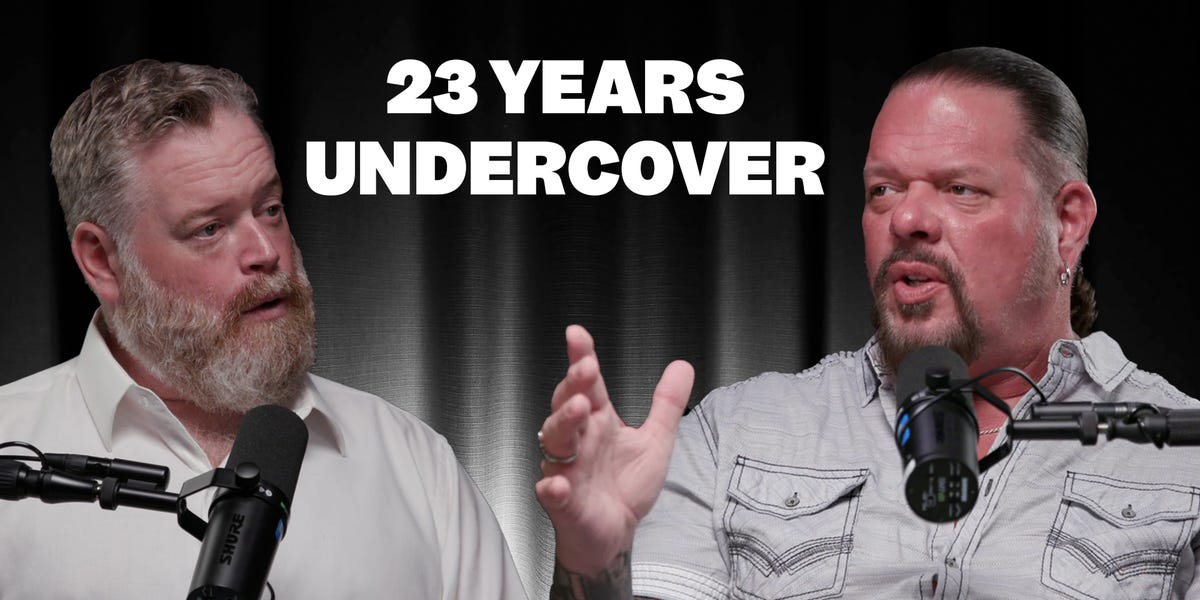New reports confirm that former FBI agent Scott Payne has opened up about his harrowing experiences infiltrating extremist groups, including the Ku Klux Klan, violent neo-Nazi cells, and outlaw motorcycle gangs. In a compelling interview with host Kevin Reilly, Payne sheds light on the critical tactics and training that empower undercover agents to combat rising extremism in the United States.
Payne’s revelations come at a crucial time, as the nation faces escalating threats from hate groups. After serving 28 years in law enforcement, Payne retired in 2021 and has since become a vocal advocate against hate through his work with Eradicate Hate. He emphasizes the urgency of understanding these groups and their methods to better protect communities.
In the interview, Payne discusses his intensive FBI training and shares gripping stories about his time undercover. He details how agents navigate dangerous environments, making split-second decisions while blending in with violent extremists. Payne’s book, “Code Name: Pale Horse: How I Went Undercover to Expose America’s Nazis,” further chronicles his experiences and the psychological toll of living a double life.
The former agent’s insights are vital for anyone concerned about national security and social stability. As hate crimes surge, Payne’s expertise in infiltration tactics could influence how law enforcement approaches these growing threats. He calls for increased public awareness and involvement in combating hate, noting that community engagement plays a key role in prevention.
Payne’s transition from undercover work to advocacy demonstrates the profound impact of his experiences. He now speaks publicly about the dangers posed by extremist ideologies, urging people to recognize the signs of radicalization and promote inclusivity.
As the conversation around hate and extremism continues to evolve, Payne’s voice offers a sobering reminder of the realities faced by those on the front lines. Follow Payne’s journey and gain more insights by visiting his Instagram account for updates and resources.
With rising concerns over domestic terrorism, Payne’s firsthand accounts are critical for understanding the complexities of undercover operations. As authorities grapple with the challenge of monitoring and infiltrating these groups, Payne’s revelations may help shape future strategies in the fight against hate.
Stay tuned for more updates on this developing story and how the FBI plans to adapt its tactics in response to the changing landscape of extremism in America.





































































